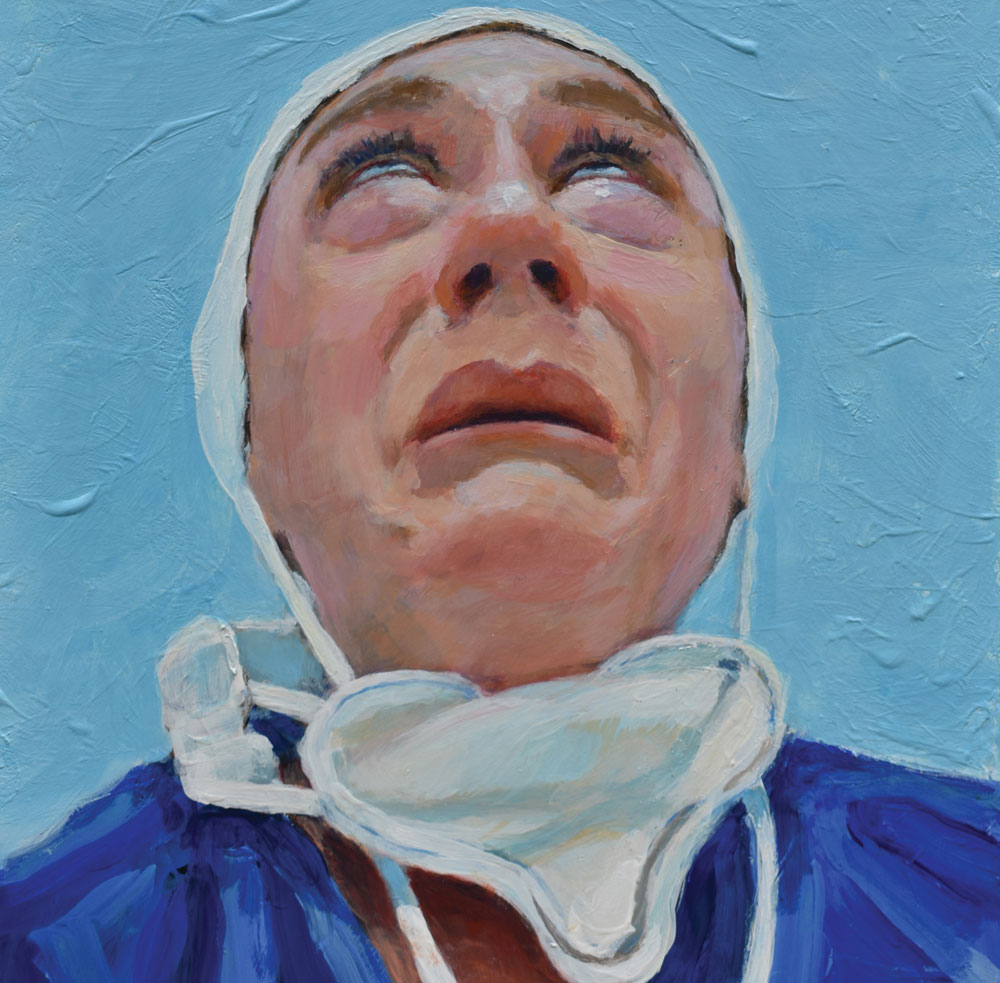April 4, 2011; Source: Mainstreet.com | Will the recovery from the recession result in better opportunities across the board for working Americans? While CEO salaries are climbing back up to pre-recession levels according to USA Today, the average working person is likely to have a harder time keeping their families in relative economic security.
“The American dream of working hard to support your family is being rewritten by low paying industries and rising expenses,” says Joan Kuriansky, executive director of Wider Opportunities for Women.
Wider Opportunities for Women released a report on Saturday (PDF) that predicts that less than half of all the jobs added before 2018 in this country will pay enough to support a family with two workers and two children with “economic security” and only 13 percent would pay enough to support a single parent household with two children. WOW estimates that the household with two earners would need to earn $67,920 to be financially stable.
To determine financial security, WOW crunched the numbers with some specificity, looking at expenses like rent, food, health care, as well as minimal savings for education and retirement. This specificity naturally results in differences from one region to another and the report lays out those differences. In Washington, D.C., a single parent with two children would need to earn $41 per hour to achieve economic security, which is almost 5 times the minimum wage. Construction workers in D.C. earn $16 an hour according to the report and registered nurses earn $36 an hour.
Of course, such figuring does not necessarily take into account the “economic shocks” that were referred to in a report issued by the Rockefeller Foundation in December and that erode the buffers many have painstakingly built for their families sometimes over decades. ”Standing on Shaky Ground” (PDF) details the degree to which these economic shocks in the form of decreased income and increased expenses have been experienced by Americans over the past few years of recession.
Sign up for our free newsletters
Subscribe to NPQ's newsletters to have our top stories delivered directly to your inbox.
By signing up, you agree to our privacy policy and terms of use, and to receive messages from NPQ and our partners.
From that report:
“Economic shocks, like an earthquake, do not consist of a single tremor. Households experiencing an economic shock are also more likely to experience that same shock again in the near future, to face other shocks in the same domain, and to be hit simultaneously by shocks in other domains. This persistence and clustering means that even the most prudent households can lose their financial footing. Although poor households are most vulnerable because they often lack the financial resources to buffer economic disruptions, the security and well-being of even more affluent households are at risk.
The damage is often severe. Households experiencing major economic dislocations are, on average, three to four times more likely than otherwise comparable households to report being unable to meet multiple basic needs, such as food, shelter, and medical care. Strikingly, these effects are not limited to those at the bottom end of the income distribution: more than half of families with incomes between $60,000 and $100,000 that experience persisting medical or employment shocks report being unable to meet at least one basic economic need.”
According the Bureau of Labor Statistics, CEO pay jumped 27 percent in 2010 in contrast to the pay of workers in private industry which increased a mere 2.1 percent. At what point does this sector help call into question the viability of this structured inequality over the long term?—Ruth McCambridge













